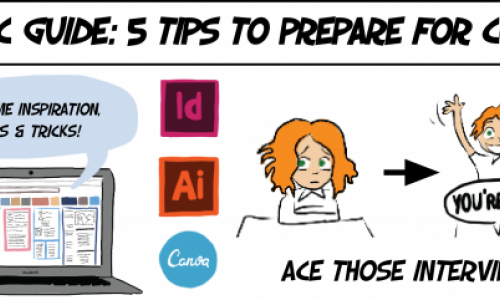
Your resume and cover letter impressed them… Your interview dazzled them… and you’re confident that your references will sing your praises. But, what else could factor into an employer’s assessment of you as a potential employee?
According to the September 2008 issue of JobPostings Magazine, “83 per cent… of recruiters use search engines to learn more about candidates…, with 43 per cent (of candidates) eliminated based on online findings last year.” As this statistic shows, online searches on candidates have become the norm and it’s up to you to be the guardian of your own online presence and reputation.
At this point, you have probably heard at least one horror story of an employer finding unflattering photos or other materials online and learned some tips and tricks for how to avoid such a situation (see Beyond the Article for more on this). But, what if an employer could Google-search your name and come across materials that could actually positively influence their perception of you as a quality candidate?
Instead of constantly fearing what the internet could do to your reputation, why not use all the tools available to you online to increase the chances that employers and recruiters find items about you that bolster the experience and credentials highlighted in your resume, cover letter and interview?
Stephanie Fierman, a marketing executive known for her work with Citicorp, JPMorganChase, Time Warner and others, shared her story with IABC’s CW Bulletin in February 2008. Fierman figured her “rep would take care of itself…”, until an industry gossip blogger “turned lies and innuendo into what became the top Google search results for my name,” she said.
Through this experience, Fierman learned the benefits of being proactive about her online presence and offered some tips and tricks for how to start and continue to manage your online reputation. Following below are some basic tips from Stephanie Fierman’s article:
-
Monitor your online reputation. Enter your name into multiple search engines to see what’s currently online. To easily find out when new information is published about you online, you can set up alerts at Google and/or Yahoo, that will send you an email whenever new content appears with your name. You may also want to consider using Google's "Google Me" feature to potentially alter the Google search results for your name.
-
Create a blog or an online electronic portfolio with a blog element. Keep your blog and/or electronic portfolio up to date by posting frequently on your new projects, thoughts on industry trends, new skills you’ve learned, etc…
-
If you don’t want to go so far as to create a blog or electronic portfolio, consider creating a profile on a site like LinkedIn or Twitter (or adding your work experience profile to SFU’s Online Learning Community).
-
Consider becoming a contributor to someone else’s website, such as an industry news site, and your byline will be picked up by search engines. Alternatively, you could also maintain a friendly and frequent presence on industry blogs and/or message boards.
Following some of the tips above can help ensure that search engine results turn up positive items about you and your work that could help with your job search.
If you’re not convinced yet that your online presence is something you should seriously think about, Fierman offers the following advice: “Anyone with an interested constituency – whether it be shareholders, employers, competitors… or even a potential date – must take control of his or her own reputation online. Because if you’re not offering up honest, straightforward information about yourself, you not only do yourself a disservice but you’re also depriving these audiences of an authentic picture of who you are and what you stand for”.














